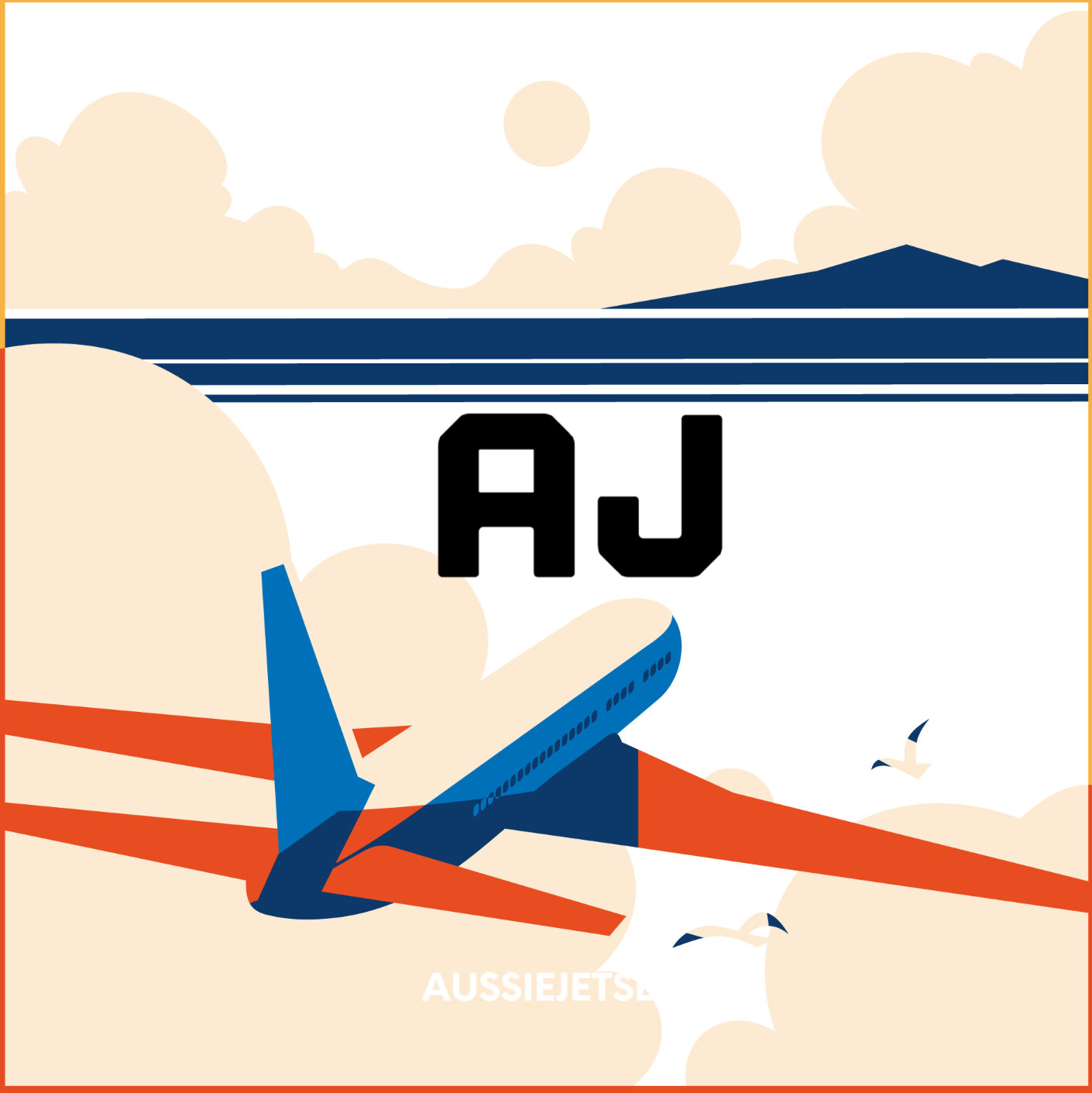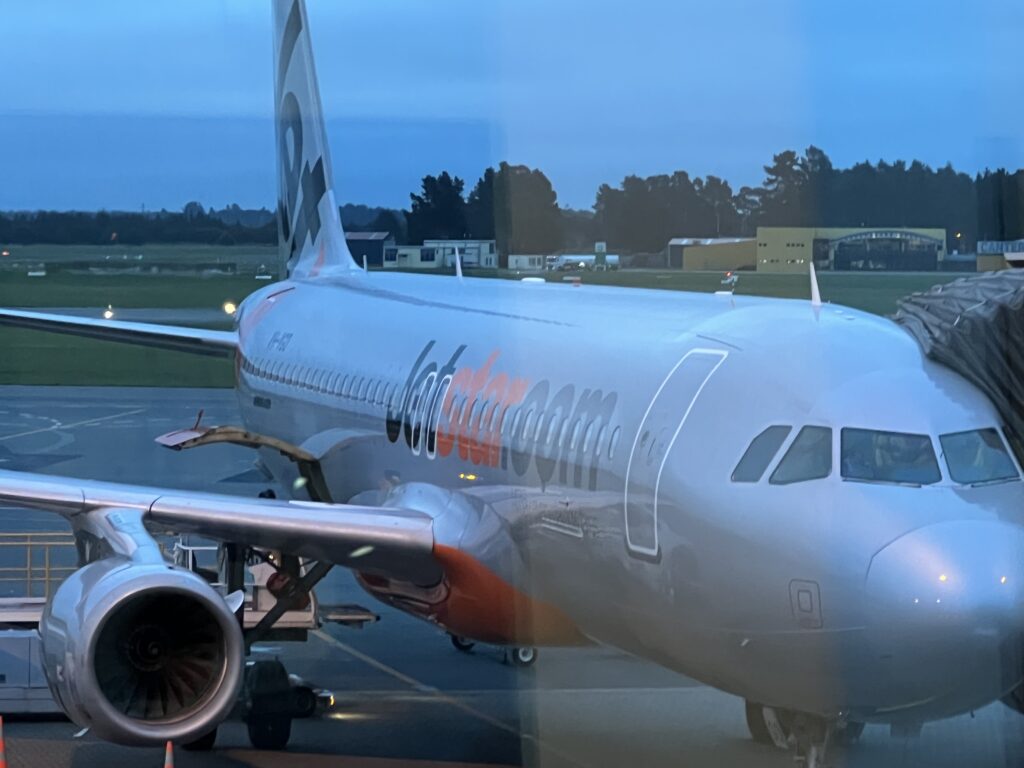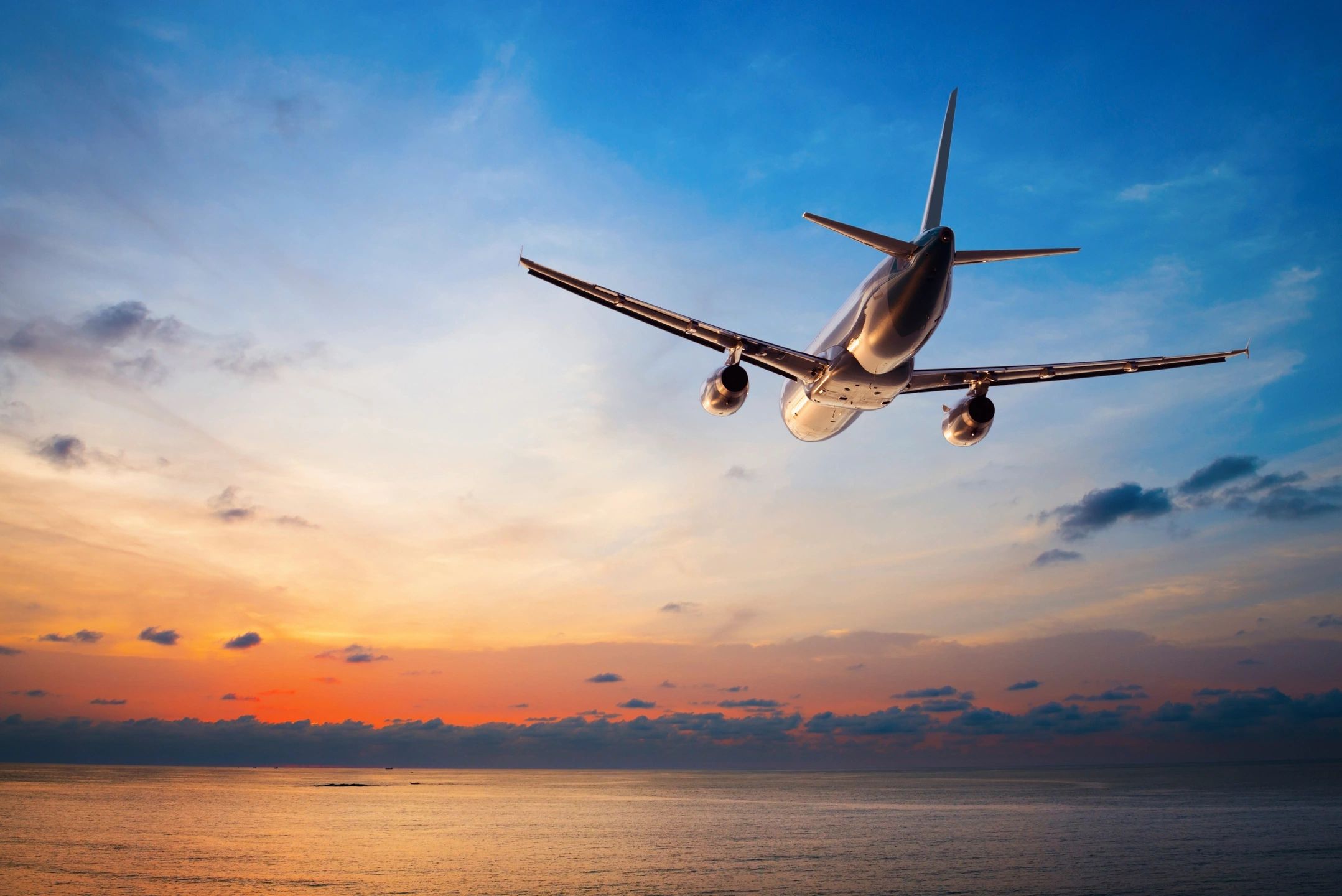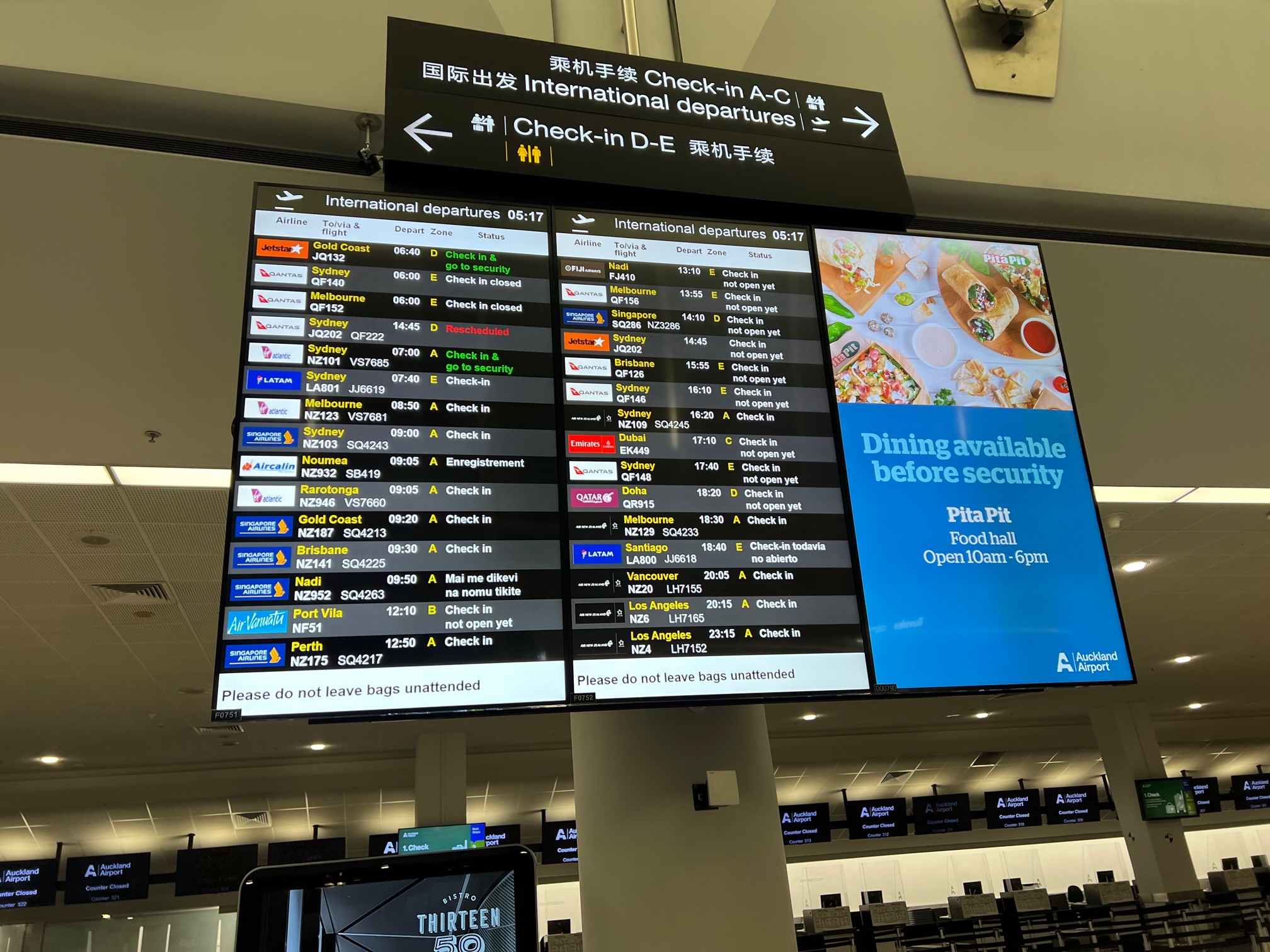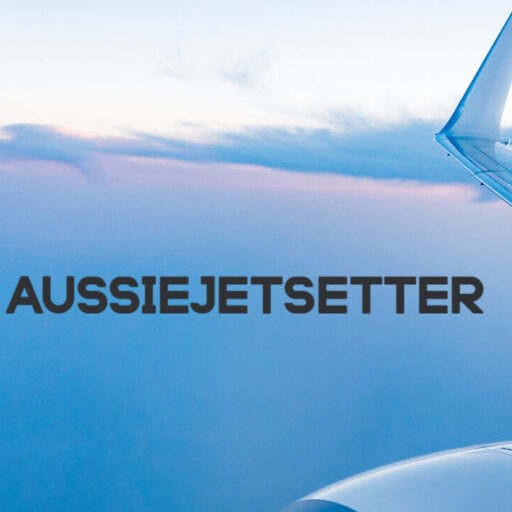
With the cost of travelling post Covid soaring due to heightened demand and the ever increasing budget squeeze caused by towering inflation, for many travelers this means reapproaching the need to travelling affordably. Now is never a better time to explore ways to travel more cost effectively no matter what your budget category is or class of travel you usually take there is still ample opportunities to save money across the board. A little extra research, budgetary planning and flexibility and generally being prepared to think outside the box are all part of a winning formula in our guide to the best tips for saving money whilst travelling!
Pre trip planning and booking phase
Thoroughly plan your trip for each destination before making any bookings
One of the most crucial tips for ensuring a cost effective and affordable trip relative to any budget starts with the pre trip planning phase. Whilst it may be tempting to see a great flight deal, tour or package holiday deal on the internet and jump on it straight way it can be risky without any prior consideration and a fuller picture of what you want to do on the trip and what your exact budget is. Also once you have made a booking especially with sale fare flights it can often be expensive to change them later or or even impossible to get a cash refund which is something you could soon regret if you find yourself later on wanting more or less time in a destination and/ or travelling to different on-ward destination later on.
With a thorough trip plan set in place it will therefore be much easier to determine whether to book that great sale fare or hotel deal when they arise having the knowledge to understand whether it will fit in well with your travel plans and you’ll have the hindsight to know when it wouldn’t be a perfect fit. With this approach you may also still have the flexibility to modify your plans to take advantage of the deal to make it work.
There are many both free and paid tools that you can use to plan your trip and do budget costings. We’d recommend using Google Maps for much or your planning needs whereby you can explore the travel time and distances and the modes of transportation available between destinations. Here you can plan daily routes along with much larger itineraries and screenshot them into your bigger trip plans. You could even use it to plan sightseeing routes whilst touring cities to find the most optimal ways to maximize sightseeing. Lonely Planet, Trip Advisor and WikiTravel can also be great avenues for finding localized travel information.
Create daily, weekly and total trip budgets for each trip
Presuming that money is something that is not in infinite supply to you for most people the other crucial part of pre trip planning is budgeting. Whether your a luxury traveler with a very comfortable bank balance or travelling on a shoestring as backpacker there are always ways to ensure relative savings with some pre trip budgeting. Whenever planning a trip it is always a good idea to first come up with a all inclusive daily and weekly budget which takes into consideration all the costs and typically prices of travelling to and within a particular destination. Once you have come up with a daily or weekly budget it is then good to come up with an overall trip budget which you can divide by your daily or weekly budgets to get an indication of how long you make your trip.
Even with the most stringent of budgeting I like to be conservative in my costings and round projected prices up slightly so you’ll find yourself more likely to come out under than over. In addition when travelling the unexpected can always happen so I like to add about a 10% margin to my overall costings just to ensure there is money to spend just incase of any expected costs due to travel interruptions or perhaps even doing that must see thing you didn’t initially budget or plan for. Talking about unexpected contingencies, it always pay to travel with a credit card with a reasonable line of credit available just in case you incur some unexpected large bills such as for hospital admission which may need to be paid upfront even if insurance will cover it later on.
When doing costings you want to create a table or Excel sheet where you’ll want to break down any expected costs of each day’s travel where you should know what destination you’ll be on any given day. Initially your table should come up with estimations in line with your budget on how much you might expect to pay or can afford to pay each each category such as flights, local transportation, accommodation, sightseeing, food and drink and even miscellaneous costs such as tipping, local taxes or visas.
You can populate them with the exact costs as bookings are made to ensure you stay on course and then update them whilst on trip to monitor how your budget is progressing. After your trip do a final review to see how accurate your costings turned out to be.
Scrutinize possible costs as closely as possible to understand which days you are likely to spend less money possibly due to included meals with your accommodation or tour or low transportation and sightseeing costs so these more affordable days can be used to offset the costs of more expensive days which might include visiting restaurants or partaking in that expensive adventure activity. Its perfectly fine to gave different daily budgets as long as they equate to your overall trip budget!
Use booking comparison websites and travel search meta engines to find the best price
We’d recommend using attractions booking websites such as Viator or Klook to book local attractions and tours whereby you can compare prices, find discounts and plan out your favorite sightseeing activities. Metasearch engines such as Kayak are also a great way to compare flight and hotel prices from thousands of operators and be directed to the sites with the best deals. Whilst it is sometimes possible to get the best price booking with a hotel or airline a competitive travel market means most hotels, airlines and travel providers love the exposure of being on these websites in such a competitive marketplaces and with these providers paying commissions out to these websites they are in turn able to often undercut official prices.
Travel outside of peak times or the ‘off season’
Whilst it goes without saying travelling during peak times such as official holidays seasons and the destination’s local high weather season is more expensive, the extra cost shouldn’t be overlooked as doing so can bring prices often over double the low season in terms of airfares and accommodation whilst tours and attractions can also be significantly more expensive. Whilst there are some trip styles or itineraries which are very reliant on the high season weather (think a camping or trekking trip in Alaska would be near on impossible in the winter!) for most popular tourist destinations winter or the wet season isn’t going to write off your holiday. Most major tourist attractions and most national parks in all-but the most extreme climates still usually stay open year around. If you simply become equipped and have slightly tempered expectations for the cooler weather or the wet season in case of the tropics it is still perfectly manageable for most activities. The upside of travelling in the off season is you’ll save considerable money with which you can keep to invest in a more luxurious trip, a longer trip, another trip or whatever reason you like.
Pursue cost effective flexible booking terms wherever possible
Whenever making bookings it pays to utilizes providers which have good booking terms and considerable flexibility. For hotels and when using online booking agencies such as Booking.com most will offer either complementary or small cost differential to fully refundable booking terms to up to 24 or 48 hours before check in. Unless its a last minute booking which comes with a considerable discount we’d generally stay clear on non refundable bookings as its not fun paying for something you ultimately didn’t utilize.
With airlines booking conditions are not usually as rosy and especially now that the airlines are qucikly recovering from the Covid shutdowns so have their booking leniency. Therefore it is even more important to be sure of your plans when booking flights. Even if airlines are still offering flexible booking terms usually any cancellation would result in best a credit so you are still tieing up your money with the airline. Booking changes could also incur significant change fees and fare differences which could add substantial costs to your ticket. Many airlines often offer more flexible tickets but these can cost hundreds extra and are usually not worth paying but if they offer flexible booking add on’s a modest price (say $20) it is defentiely worth considering.
With tours they will generally offer some flexibility especially on deposits and the ability to change your departure up until 1-2 months beforehand but with price differences possibly applying and your monies paid not usually being fully cash refundable it is still important to be fairly sure of your plans when making bookings.
Using Frequent Flyer points only for high value flight redemptions
Perhaps you have a considerable frequent flyer points balance stashed away or just earned enough points to redeem a short domestic flights it is important to know that with most airlines the value of each point is not static and varies dramatically depending on the route and class of travel. Whilst it is true most airlines have arbitrary points table based on miles or distances for flight redemptions in each respective class this is certainly not the case with cash fares which typically operate on a dynamic pricing system based on competition, supply and demand and other factors. For these reasons some flight redemptions can be worth many times the value for your points then others so you should be aware when its best to avoid the temptation to redeem flights and instead pay cash.
On competitive and frequently flied routes cash prices can be far more lucrative so it is usually better to pay cash and collect more points in the process. On routes that are more expensive and you can redeem with the same amount of points are much more astute opportunities. In any case redeeming for business or first class especially on longer flights is always likely to be the best use of points as it’ll only cost 2-3 times more in points compared to the much larger cash cost differential than economy.
Consider packing light especially for shorter trips and when flying budget carriers
Packing light is a particularly useful when flying budget airlines or even many mainstream supposedbly ‘full service’ European or North American airlines where checked baggage costs extra. Whilst it may be harder and take more strategy for longer trips it is still possible with the right planning. For short trips it should strongly be considered.
With checked luggage often costing between $20 to $50 each way on many airlines you can easily save hundreds of dollars by travelling with carry on baggage on longer trips and it may be only way to get the bargain basement advertised price of low cost carriers. Travelling with less also allows you to navigate quickly through airports and in-transit meaning less time spent at check in and baggage carousels
Prioritize visiting destinations with easier entry requirements no or little visa costs
Visiting destinations with easy entry requirements and no visa or visa on arrival requirements is one way to cut down on the hassle and administrative costs of travelling. For some countries attaining tourist visas can cost well over $100 and may even require you presenting with your documents that are costly to attain or sending them to an embassy is distant city or country incurring you even more costs and time.
Countries still imposing Covid 19 requirements in 2022 should also be a big put off as testing and quarantine brings even more costs and hassle. Prioritizing travel to countries which require little more than a valid passport and meeting the usual entry requirements will save you a lot of money in the long run
Whilst Travelling and away
Pack less and avoid buying souvenirs
Packing less won’t just help you cut down on checked baggage costs it will also help you become more disciplined to spend less on buying new goods and souvenirs when travelling. Unless you want to buy something that is truly unique and memorable to your destination many souvenirs tend to only find themselves gathering dust and will soon become an unnecessary hassle and expense of travelling.
Shop at local grocery stores and bottle shops and dine-in more
Shopping at the local supermarket and bottle shop is a great way to reduce costs when travelling. Whether its stocking up on snacks or drinks before a day trip or journey to you next destination or shopping for food to make your own breakfast or dinner at your accomodation will save you a lot of money than buying snacks on the go at small connivence stores or service stations in big tourist destinations or dining out at restaurants.
Drink less alcohol or at least drink it more strategically
Buying alcohol at the supermarket or bottle shop will also save you a lot rather than buying it direct from hotel or at bars if you don’t mind favoring a quiet drink in as opposed to that big night on the town! Overall buying from the supermarket or bottle shop could half your alcohol costs or more.
Chase specials and discount codes on restaurants, bars and attractions
Being aware of the various specials and promotions at restaurants, bars and attractions and planning accordingly in your destination is a great way to make some considerable savings. One pub might have a special on a certain night and another on different night so plan your visits accordingly. Other may have happy hours or discounts on certain days so it may pay to plan your visits around certain days and promotions. Online discount websites and social media are also other good places to hear about the latest promotions, deals and discounts to save some money.
Explore more free museums and attractions
It is perfectly possible in many of the world’s great cities such as London to see lot without paying a cent. Top cities such as London for example have many free museums and attractions and many of the great sights can be reached and seen on foot without costing you anything. With limited time to see in a city once you have prioritized visiting free attractions there might be little time to see paid attractions anyway.
When looking for free attractions many government or municipal run museums or attractions are generally likely to be free or for a modest entry fee compared to privately run attractions which obviously have to bore the costs themselves and hence charge entry fees.
Many cities especially in Europe also have plenty of free but ‘tip as you please’ walking tours organized and run by local guides often many of whom are students who have excellent local knowledge of the history and attractions of the destination. Whilst we’d certainly consider it a poor act to walk away after without tipping anything unless you are happy to convey that you really weren’t impressed, tipping from 5-10 euro or even more if you were particularly impressed is still a very affordable way to get a guided tour of the city’s main sights!
When paying or booking to visit attractions be careful to not indivertibly pay for visiting somewhere that otherwise has free admission and even free tours. It can be a common tourist trap!
Walk more and use public transport strategically
Whenever visiting a city for several days it pays to plan out days that involve public transport and those that don’t. This way you can lump several activities that may require travelling out of the downtown area on the same day so you can save money buying a public transport day pass to save considerable money. On other days you can focus on visiting attractions only within walking reach. Either way you look at it, catching the tube in London or subway in New York or any other city to just to transit a few hundred meters down the road is not usually a good use of your money and can easily be done by walking if not holding a day pass.
Use a credit or debit card with zero foreign transaction fees and little or no withdrawal fees
Whilst it is always important to look at the overall fees of your credit card issuer, when done right using a credit or debit card with zero foreign transaction fees will be one of your biggest friends when travelling abroad. This approach can save you some serious money and is arguably the best way to spend money overseas at as close to the market rate for currency conversion as possible.
Most credit card issuers and banks typically charge a 3% foreign transaction fee on all foreign transactions regardless of where the purchase is made and even if the purchase seems to be seeminly in your own currency you may still be unexpectedly be slugged the fee if the payment is processed abroad. Eliminating the currency conversion fee essentially means your purchases overseas will be as close to possible to the true market conversion rate. In real terms this means for that if you spend $100 a day you’ll save $3 or if spending a $1000 over the course of a week you will save $30. When booking your holiday from home with a foreign airline or foreign owned website you’ll also save on foreign transaction fees on big ticket purchases such as flights, hotels and tours meaning over the course of a big trip you could be saving hundreds of dollars!
A card with zero withdrawal fees can also be handy as banks can typically charge there own fee of $5 to $10 to withdraw money overseas at an ATM. Unfortunately it is quite difficult to be completely off the hook for paying fees though as the local bank or ATM is probably still going to charge a fee for a foreign bank card using there service.
Utilize airport lounges wherever you are entitled or they have affordable entry fees
Whenever flying it pays to check if there are any avenues for entry to any lounge at the airport. Sometimes it might come with your class or travel or airline status or other times you may find yourself with a complementary invite or finding a lounge as part of lounge access scheme that you are a member of. Whenever lounge access is complementary or you have the entitlement visiting should be a no brainer. Visiting any half-decent lounge should eliminate the need to spend any money on food and beverage before your flight at the airport and can easily save you $50+ if having a meal and several drinks instead of dining at expensive airport restaurants.
Have Priority Pass or a similar scheme and find yourself at an airport with no participating lounge? Don’t panic as many have participating restaurants or bars when you can use your entitlement for a complementary $32 food and beverage credit so it pays to check!
Sometimes it may also be worth taking up paid access to a lounge if available particularly if the lounge is of good quality and you can get your moneys worth on food and drink.
If hiring a car, scrutinize the needs for optional extras, take careful note of fuel prices and consider camping or holiday parks
When hiring a car, it is easy to get taken in by the relatively cheap daily rates advertised which often can sound very affordable. When booking online or picking your car up at the counter, hire car companies will however be sure to push a plethora of optional extras such as greater insurance and excess reductions, roadside assistance and car amenities such as GPS systems which can quickly double or more the advertised price.
We are not saying don’t take up optional extras but just carefully assess whether you need them or whether they are good value for you. With many credit cards offering some form of travel insurances you’ll obviously have to read the fine print but you might already have rental vehicle excess coverage. Alternatively paying hefty fees to pay for things such as GPS system may not be needed when your smartphone can already offer this feature (provided you have network coverage and/ or downlead offline maps)
Consider taking overnight modes of transport
If your the sort of person who can function the next day after an odd relatively sleepless night here or there taking an overnight flight, train or ferry can be a great way to save on a nights accommodation and to maximize your time in the prior destination before leaving late at night and also at the new destination the next day with a full day to explore. Obviously if you want that sleep you can invest some of the money saved into buying a sleeper cabin on a train or ferry or flying business to travel in style.
To make things easier most hotels and accommodations will gladly store your luggage free of charge if you arrive early or depart late and many will understand the good PR generated by allowing you to check in early or check out slightly late if availability permits. You can always enquire in advance to the hotel’s stance on early check in when booking to make an informed decision.
Allow plenty of time before and between taking flights
When booking flights especially between different carriers on a different tickets it is important to allow plenty of buffer time in case of unexpected delays or even cancellations. If your onward ticket is on a different airline and paid for in a separate booking you are unlikely to be in for any compensation should you miss that flight so by not allowing enough time for contingencies you could be up for paying for an expensive new ticket and incurring extra hotel and food costs. Booking travel insurance may also be another way to cover against these risks but pay careful attention to what occurrences are and are not covered.
Avoid tourist traps, check bills carefully and be mindful of scams
When travelling abroad, especially to many of the world’s great tourist destinations there are unfortunately no shortage of tourists traps and scams prevalent which prey on the millions of tourists pouring through them ever year. For scammers and dubious operators tourists are the perfect target for short changing and over charging so whether your exchanging money, ordering at a restaurant or visiting an attraction always take great care to confirm the exact price or rate and never find yourself dining or doing anything without first fully confirming/ and or agreeing on the price. Walk away from any dubious operators who are not being upfront with prices or otherwise making unreasonable conditions. Booking with reputable companies or exchanging money at banks may appear to cost slightly more but you are more likely to have a hassle free experience.
Take out travel insurance but check your credit card first and look around for best deal
If you are travelling abroad it is very hard to argue against the mantra that having travel insurance is a no brainer. If you’re travelling abroad yet can’t afford travel insurance then its debatable whether you can even afford to travel in the first place. Whilst a good trip is one where ultimately in a strange way the travel insurance company makes a profit of you which means nothing went wrong and your trip went off without a hitch, ultimately paying for travel insurance is a small price to pay for the assurance you’ll be spared of thousands or even tens of thousands of dollars of out of pocket costs should you need medical attention or face severe disruptions to your plans overseas.
That being said just because you should be covered by travel insurance when going abroad don’t necessarily assume you have to race out and purchase a policy. It’s first worth checking out whether your own credit card has complementary insurances. If it does read the coverage and terms and conditions of the policy carefully to see whether it offers an acceptable level of coverage for your needs. For some credit card insurance may be sufficient whilst for other’s purchasing a dedicated insurance policy may be needed for more peace of mind
Post trip analysis
Do a through review of pre trip planning and budgeting and compare with actual trip costs
Once you have returned and un-winded after that trip of a lifetime it is a good idea to conduct a general review of your pre trip planning and budgeting. Here you’ll want to tally up all the costs incurred on your trip and compare them with your planned and projected costs. If you find yourself largely on target then well done, or under budget then good for you! Having confirmed that your planning and budgeting system was on the money you can be confident using the same system for your next trip.
If your finding yourself having being a little over or even blowing the budget maybe you’ll be able to identify the costs that you underestimated and this will help you be more realistic to hopefully achieve a more accurate plan and budget for the next trip!
Take note of what went well and what didn’t go to plan and learn from these lessons for the next trip
Finally after returning from any trip it can be very useful to conduct a quick review into how overall your trip went and what went flawlessly and what perhaps didn’t quite go to plan. Obviously you can’t change how your past trip played out but you can certainly be more the wise with the benefit of knowing what works well and what needs rethinking in your approach to planning and executing on your next trip.
